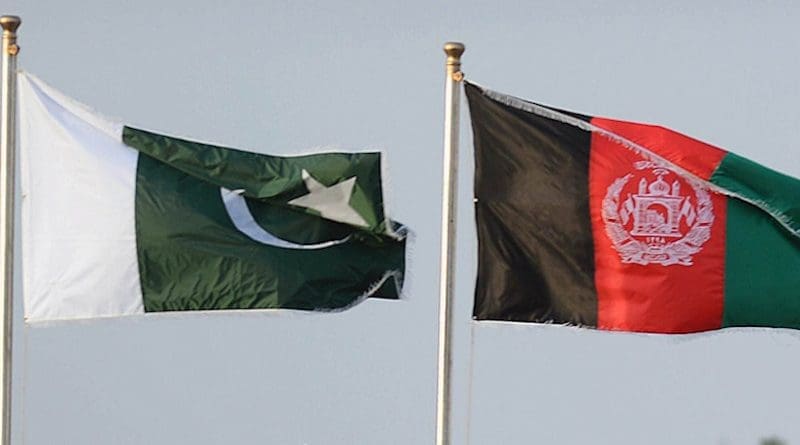Pakistan’s Support To Afghanistan – OpEd
Pakistan has played pivotal role in supporting Afghanistan on humanitarian grounds, especially during periods of conflict and instability in the war-torn country. Both countries share a long border and historical, cultural, and ethnic ties. Pakistan has provided various forms of humanitarian assistance to Afghanistan over the years, including food aid, medical support, and shelter for Afghan refugees who have fled violence and conflict in their home country. Pakistan has hosted one of the largest populations of Afghan refugees in the world for decades, and it has worked with the United Nations High Commissioner for Refugees (UNHCR) and other international organizations to provide assistance to these refugees.
Moreover, Pakistan has been involved in facilitating peace talks and negotiations between various Afghan factions and the international community. These efforts aim to promote stability and peace in Afghanistan, which is essential for addressing humanitarian issues in the country. Pakistan has a long history of welcoming Afghan refugees, particularly during periods of conflict and war in Afghanistan. This hospitality has been extended to Afghan refugees seeking safety and shelter from the various conflicts and crises that have plagued Afghanistan over the decades.
The influx of Afghan refugees into Pakistan began in the late 1970s, primarily as a result of the Soviet invasion of Afghanistan. Pakistan played a crucial role in hosting and providing assistance to Afghan refugees during this period. The government of Pakistan, along with the United Nations High Commissioner for Refugees (UNHCR) and various humanitarian organizations, established refugee camps and provided basic services, including food, shelter, and medical care, to the Afghan refugees. The largest wave of Afghan refugees in Pakistan occurred during the 1980s, when millions of Afghans fled the Soviet occupation. Pakistan continued to host these refugees even after the Soviet withdrawal from Afghanistan in 1989, as the country remained embroiled in civil conflict.
Over the years, Pakistan has faced the challenge of hosting a significant population of Afghan refugees, and it has periodically taken steps to repatriate them when conditions in Afghanistan allowed for safe return. However, due to ongoing instability in Afghanistan, many Afghan refugees have remained in Pakistan for extended periods. The situation of Afghan refugees in Pakistan has been changing, with both positive and challenging aspects. While Pakistan has provided refuge and humanitarian support to millions of Afghans, it has also faced economic, social, and security challenges associated with hosting such a large refugee population.
Likewise, Pakistan is still hosting a substantial number of Afghan refugees. Some of the refugees are having links with terrorist organizations. Many of the Afghan refugees are languishing in Pakistani jails due to illegal activities and having criminal records. There are concerns and reports of various terrorist groups operating in Afghanistan, including the Tehrik-i-Taliban Pakistan (TTP) and other militant organizations. These groups have been known to carry out attacks not only in Afghanistan but also across the border in Pakistan. The presence of these terrorist groups in Afghanistan has been a matter of regional and international concern. Pakistan, in particular, has expressed concerns about the presence of TTP and other militants in Afghanistan, as they have been responsible for numerous attacks on Pakistani soil.
The fall of Kabul in 2021 has introduced new dynamics and uncertainties in the region, including concerns about the potential for terrorist groups to find safe havens in Afghanistan. Efforts to address the presence of terrorist groups in Afghanistan have been a key focus of regional and international diplomacy and security cooperation. Various countries, including the US, have been engaged in counterterrorism efforts in the region, and the situation is likely to continue evolving.
Afghanistan is experiencing significant changes due to the withdrawal of US and NATO forces and the rapid advance of the Taliban. The situation in Afghanistan is still not under the entire control of Afghan Taliban. The presence of various militant groups and terrorist organizations in the country remained a concern.
Pakistan has taken steps to cooperate with the Afghan government and international efforts to combat militancy in Afghanistan. Pakistan has officially stated its commitment to a peaceful and stable Afghanistan and has played a role in facilitating peace talks between the Afghan Taliban and the Afghan government. The country has also faced its own challenges with domestic militancy and terrorism, particularly from groups like TTP and has launched military operations against them in various parts of the country.

